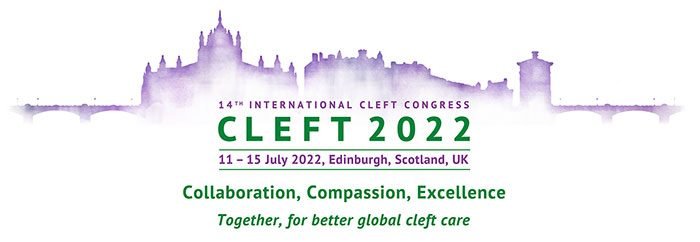Dr Maria Asuncion Silvestre completed advanced studies in Neonatal-Perinatal Medicine at the Children’s Hospital of Michigan and Wayne State University. Upon return, she joined the University of the Philippines College of Medicine Faculty and the Philippine General Hospital. She committed herself to pushing breastfeeding into the core of pediatric education and authored a chapter on infant and young child feeding in Fundamentals of Pediatrics, a textbook used widely in the Philippines.
She founded a non-profit Kalusugan ng Mag-ina Inc (KMI or Health of Mother and Child) dedicated to the health of the mother-child dyad. With WHO PHL, KMI collaborated on Essential Intrapartum and Newborn Care or Unang Yakap (First Embrace) (2008), a time bound sequence of evidence-based life-saving interventions in labor/delivery and immediate postnatal periods. As the First Embrace, Early Essential Newborn Care (EENC) is being implemented in 9 countries since its launch (2014).She chairs the EENC Independent Review Group (IRG) of the WHO WPRO, reviewing country data on EENC’s quality improvement efforts. With Alive & Thrive (FHI360), KMI has contributed to establishment of Breastfeeding Centers of Excellence in Myanmar, Cambodia, Lao PDR and Viet Nam. KMI, supported by UNICEF PHL has been contributing to the Philippines DOH capacity building and health financing initiatives for the community-managed Philippine Integrated Management of Acute Malnutrition (PIMAM). She co-directs the I-CATCH community-based program for Unang Yakap and Breastfeeding with support of the American Academy of Pediatrics in Dulag municipality, Leyte.
With the Asia-Pacific Center for Evidence-based Healthcare (APCEBH), she co-authored “Painless Evidence Based Medicine” (2008 & 2017 editions). She has publications in peer-reviewed journals on work under both normal and disaster contexts. She was/is a member of various WHO Guideline Development Groups including those various infant feeding guidelines. She advises Smile Train PHL on nutrition and mother support group networks.

